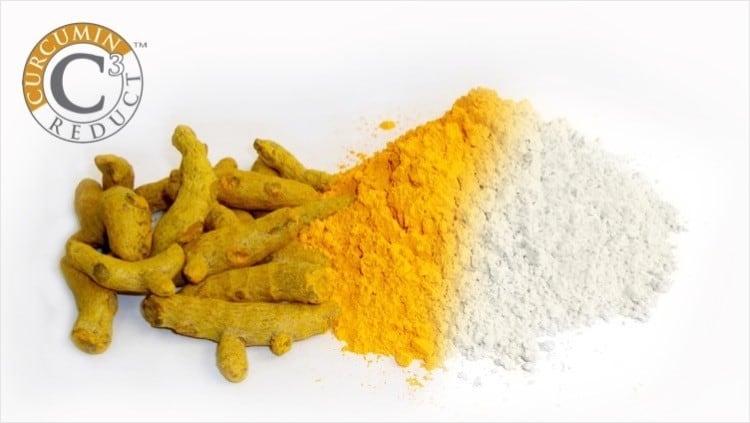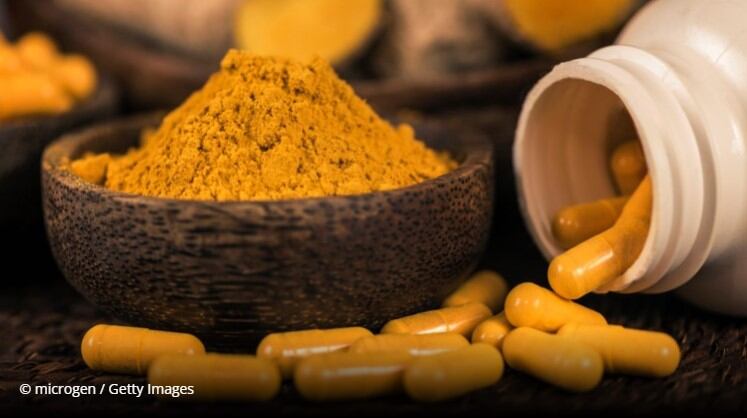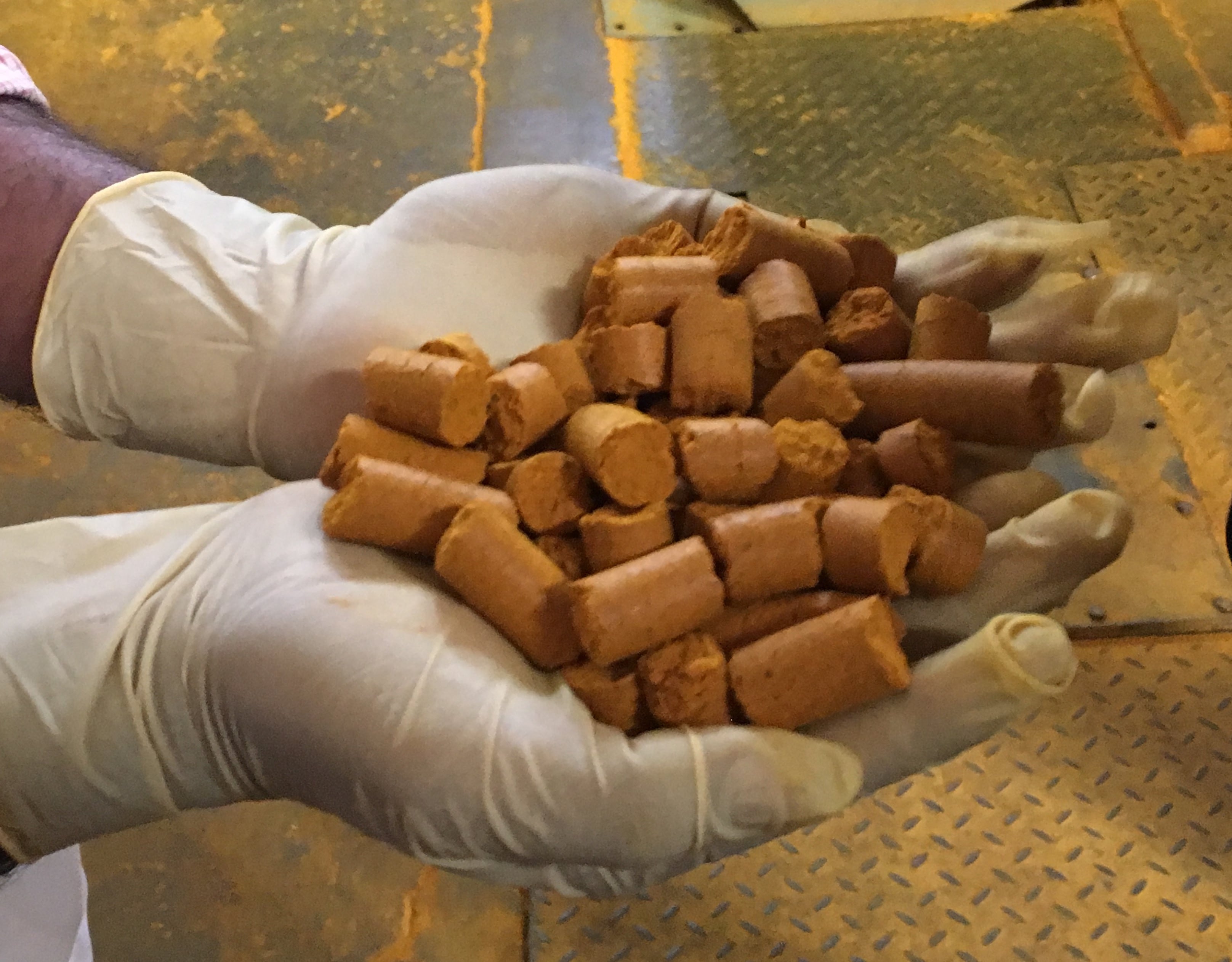“C3 Reduct receiving Novel Food approval is a significant landmark in the curcuminoids market. The product will be marketed throughout Europe, and we have already received an enthusiastic response from various customers,” Dr Muhammed Majeed, founder and president of Sami-Sabinsa Group, told this publication.
He said that the EFSA approval will also serve as a “launching pad” in other markets, adding:
“The rigorous process through which C3 has gone has burnished the image of the product throughout several markets with an overwhelmingly positive response.”
Solution to curcumin bioavailability problem
The major advantage that C3 Reduct brings to the marketplace is that it overcomes the bioavailability issues that can limit the use of curcumin in food supplements.
“We believe that C3 Reduct is the answer to applications wherein curcuminoid bioavailability has been perceived as a hindrance. By delivering the metabolites with essentially the same properties as the parent curcuminoids, bioavailability should no longer be a concern,” explained Dr Majeed.
Curcumin (diferuloylmethane) is a yellow pigment present in the spice turmeric (Curcuma longa) that has been associated with antioxidant, anti-inflammatory, anticancer, antiviral, and antibacterial activities in numerous studies.
Clinical trials indicate that the bioavailability of orally administered curcumin is relatively low and that mostly metabolites of curcumin, instead of curcumin itself, are detected in blood or serum following oral consumption.
Health benefits of reduced metabolites
Some of these metabolites, such as glucuronides and sulfates, which have traditionally been used by researchers as indicators of curcuminoid bioavailability, have no demonstrated benefits.
This is because, according to Sabinsa, it is the reductive metabolites, such as tetrahydrocurcuminoids (THCs), that possess the health benefit.
“Early research on THCs showed that they are more bioavailable when compared to curcuminoids, further supporting the notion that it is the THCs that deliver the benefits,” said Dr Majeed.
Several studies have suggested that THCs may confer health benefits. Two studies have demonstrated the antioxidant and anti-inflammatory properties of THCs in oral health applications.
Another study indicated that THC may be beneficial for colonic health; THC was found to be more effective than curcumin at inhibiting AOM-induced colonic tumorigenesis in mice.
“For colonic benefits, one needs the active substance to travel through the food pipe and reach the colon in impactful concentration. In this context, a model study demonstrated that THC, the major component of C3 Reduct, actually surpasses its parent curcumin,” noted Dr Majeed.
Sabinsa’s C3 Reduct ingredient contains 95% THCs, obtained by extracting curcuminoids from turmeric and hydrogenating them into tetrahydrocurcuminoids.
EFSA applies “uncertainty factor”
EFSA has granted Novel Foods approval of C3 Reduct with a recommended safe dose of 140mg/day.
“Based on a 90-day oral toxicity study and a reproduction/developmental toxicity screening test performed with the Novel Food, the Panel derives a safe level of 2 mg/kg body weight per day. For the target population this level corresponds to 140 mg/day, which is lower than the use level as proposed by the applicant. The Panel concludes that the Novel Food, tetrahydrocurcuminoids from turmeric (C. longa L.), is safe for the target population at 140 mg/day,” said the food safety assessor in its Opinion.
The safe dose arrived at by EFSA was lower than the 300mg/day use level proposed by Sabinsa.
In the case of C3 Reduct, the Novel Foods process took 21 months, partly impacted by Covid-19. Sabinsa said the documentation it submitted was without any defects and there were therefore no major hurdles.
In addition to routine toxicity studies, Sabinsa provided documentation to demonstrate the absence of genotoxicity and reproductive toxicities.




